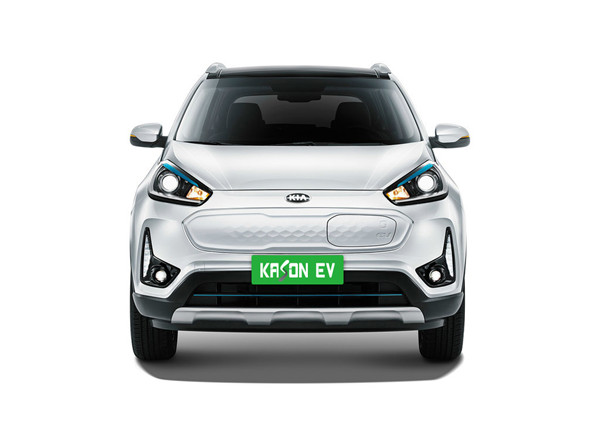Toyota and Lexus dominated the list of Consumer Reports' most reliable cars and brands of 2023, but Mini made a surprise appearance in third spot
In a world where cars are both a necessity and a financial commitment, knowing which ones will stand the test of time can save you headaches and money. Consumer Reports has published their annual reliability rankings for 2023, shedding light on the cars that owners consider the most reliable and the ones that are regulars at the repair shop. While it’s no shock that Lexus and Toyota claimed the top spots, Mini’s third-place ranking may raise eyebrows, as it outperformed several Japanese automakers, including Acura, Honda, and Subaru. Cars Pickup Diesel Land Currier

“Buying a reliable car is a good way to avoid the inconvenience of repairs while the car is under warranty and a smart way to save money on the cost of vehicle ownership over time,” said Jake Fisher, senior director of auto testing at Consumer Reports. “That’s why consumers consistently tell us that reliability is one of the most important factors when buying a car.”
More: The 10 Least Reliable Cars According To Consumer Reports (Three Of Them Are Jeeps)
This year, CR collected data on over 330,000 vehicles through surveys distributed to its members. Most of these vehicles ranged from the 2000 to 2023 model years, with a handful of early 2024 MY examples. Notably, the study has expanded to cover 20 trouble areas, with the inclusion of the electric motor, battery pack, and charging aspects for electrified vehicles (EV, PHEV, HEV).
Each model was assessed, resulting in a reliability score, ultimately leading to a predicted rating for each brand. Lexus claimed the top position in this year’s rankings, dethroning last year’s leader, Toyota. Meanwhile, Mini secured the third spot, surpassing its parent brand, BMW. On the opposite end of the spectrum, Chrysler, Mercedes-Benz, and Rivian found themselves at the bottom of the list, representing the least reliable models. Below, you’ll find the complete ranking of automakers from the most to the least reliable.
In terms of region-based reliability, Asian automakers maintain their strong performance, with an average score of 63/100, confirming expectations. In contrast, the rest of the world lags behind, with European automakers averaging 46/100 and U.S. automakers achieving a less favorable score of 39/100.
More: What’s The Most Reliable American Car Ever?
The top 10 model rankings are largely dominated by Toyota, with 7 out of 10 spots occupied by the Japanese automaker. Topping the list is the Toyota 4Runner, a model that has seen minor upgrades since 2009, showcasing the reliability of Toyota’s enduring ladder-frame architecture. An entirely new generation of this SUV is on the horizon, and it will be intriguing to observe whether it can match the reliability of its predecessor. Following closely are the Camry Hybrid and Camry sedans with similar scores. The only non-Toyota entries in this elite group include the BMW X5 (ranked 5th), the Subaru Forester (ranked 6th), and the Acura RDX (ranked 8th).
While body style may not have a direct impact on reliability, Consumer Reports has computed the average scores for different categories. Traditional car styles, including sedans, hatchbacks, and wagons, continue to lead the pack in reliability with an average rating of 57/100. They are followed by SUVs at 50/100, minivans at 45/100, and pickup trucks at 41/100.
ICE vs Hybrids vs PHEV vs EV
A more critical reliability factor appears to be the powertrain type. Owners of fully electric vehicles reported 79% more problems compared to gasoline-powered cars, indicating that automakers still have work to do in fully mastering the new technology.

Used Cheap Cars For Sale Plug-in hybrids performed even worse, with 146% more reported problems than regular ICE (Internal Combustion Engine) vehicles. However, non-plug-in hybrids had 26% fewer problems than ICE-powered cars, with some examples proving to be more reliable than their non-electrified counterparts.